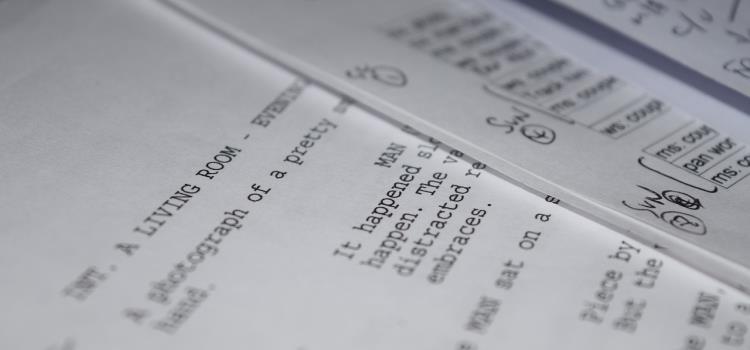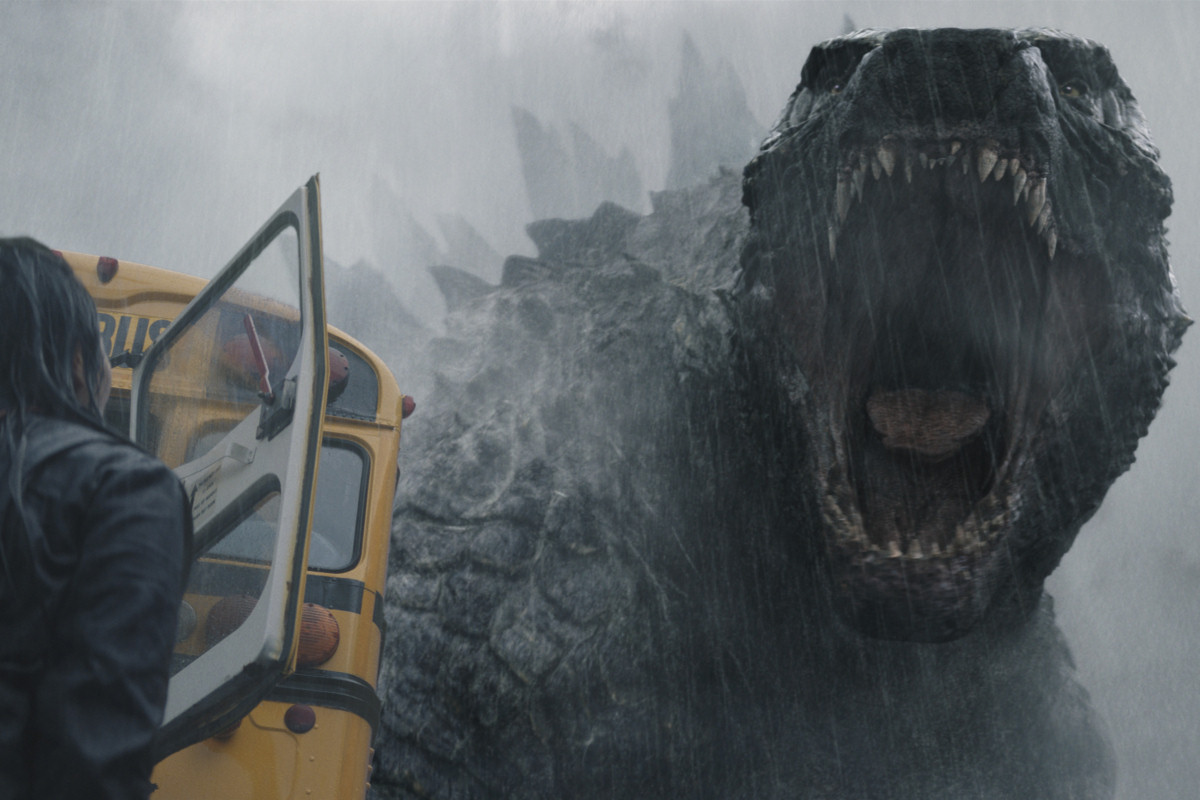
Hollywood's glittering façade has been shadowed by the longest and most contentious strikes in recent history as writers and actors rally together, their frustrations echoing through the streets of Los Angeles. The entertainment industry, which has shaped our screens and captured our imaginations for decades, has ground to a halt, leaving audiences and insiders alike anxiously waiting for a resolution to the conflict. As the Hollywood writers' strike marks its 100th day, and the actors' union lends its weight to the picket lines, the rift between the creative minds shaping the content and the industry giants that distribute it has never been clearer.
At the heart of this strife lies a fundamental clash of priorities. Seth Rogen, a prominent actor, writer, and executive producer, has put it succinctly: "The studios haven't even spoken to each other." In an interview with Sky News, Rogen voiced his concerns about the glaring differences in priorities between traditional film studios and the emerging streaming giants, typified by Netflix and Amazon. Represented by the Alliance of Motion Picture and Television Producers (AMPTP), both factions within the industry are locked in a stalemate, each side refusing to budge from its position.
In this unprecedented strike—the first time writers and actors have simultaneously united since 1960—multiple issues are at play, though two stand out prominently. One is the question of compensation, which has plagued the creative community for years. The other is the encroachment of Artificial Intelligence (AI) into filmmaking, raising concerns about its impact on creativity and the essence of human artistry.
Sheryl Lee Ralph, a renowned Emmy-nominated actress, believes AI threatens the very essence of filmmaking's soul. She states, "We need something that's far more important. We need the art of human beings. I want to know, would William Shakespeare stand for this? I think not." The prospect of AI-generated performances and content challenges the core of artistic expression—a sentiment that echoes through the ranks of writers and actors alike.
Flawless AI, a prominent company in the AI film sector, seeks to integrate AI seamlessly into the industry while maintaining a delicate balance. TrueSync, their revolutionary system, aims to enhance dubbing for foreign-language films by manipulating actors' mouth movements to match alternate dialogue. Nick Lynes, Chief Executive of Flawless AI, acknowledges the scepticism surrounding AI's involvement in filmmaking, asserting, "I can understand why people are scared." The key, he believes, lies in ensuring that AI's creative outputs respect the consent and compensation of the creators whose works the technology draws upon.
Justine Bateman, a writer and director who has actively participated in the strike, approaches the debate in binary terms: AI versus human creativity. She argues, "It's a zero-sum game. It's using generative AI to make films or using people." The use of generative AI, often seen as a cost-cutting measure, has fuelled concerns about industry greed compromising the artistic integrity of filmmaking.
The strike's impact on the industry and the broader Los Angeles economy has been significant. With over 100 days of halted production, the financial toll has exceeded $3 billion. While economists estimate the true cost will depend on the strike's duration, the effects are already being felt across the city, from crew members to support businesses.
The situation is further complicated by the deep-seated distrust between the Writers Guild of America (WGA) and the major media companies represented by the AMPTP. The two sides remain entrenched in their positions. The WGA seeks changes that would secure minimum staffing requirements, increased compensation based on streaming show success, and limitations on AI usage. The studios, while willing to discuss AI's role, balk at the concept of minimum staffing and revenue sharing for streaming shows.
A meeting between representatives of both sides ended in frustration, reflecting the strained relationship. Negotiators from the WGA expressed their disappointment in the AMPTP's reluctance to consider the writers' proposals seriously, stating, "The refusal to take writers' reasonable proposals seriously has caused the WGA strike to last 100 days and counting; it serves only as a milestone of shame for the AMPTP."

The strike's impact has already disrupted television broadcast schedules, put film promotion tours on hold, and threatens to extend well into the autumn, casting uncertainty over the upcoming awards season. The entertainment industry's fabric, woven from creativity and commerce, remains frayed as the struggle continues with no clear end in sight.
As the entertainment landscape shifts rapidly, so too does the industry's power dynamics. The question arises: who possesses the influence to bridge the divide? Andrea Schneider, director of the Kukin Program for Conflict Resolution at the Cardozo School of Law, suggests the involvement of a mediator with clout, someone who can rally the industry's key players to the table. Names like Netflix Co-Chief Executive Ted Sarandos and Sony Pictures Entertainment Chairman Tony Vinciquerra surface as potential power brokers, actively working behind the scenes to find a solution.
While the strike's resolution hangs in the balance, Hollywood faces a crucial choice. Will it adapt to the changing landscape, embracing AI's potential while safeguarding artistic integrity? Or will it continue to grapple with its creative soul, navigating the uncharted territory of technology's role in shaping the industry's future? One thing is certain: until the writers, actors, and industry giants find common ground, the lights on the silver screen will remain dimmed, leaving audiences yearning for the magic that only human creativity can deliver.
Share this story:
Tweet








